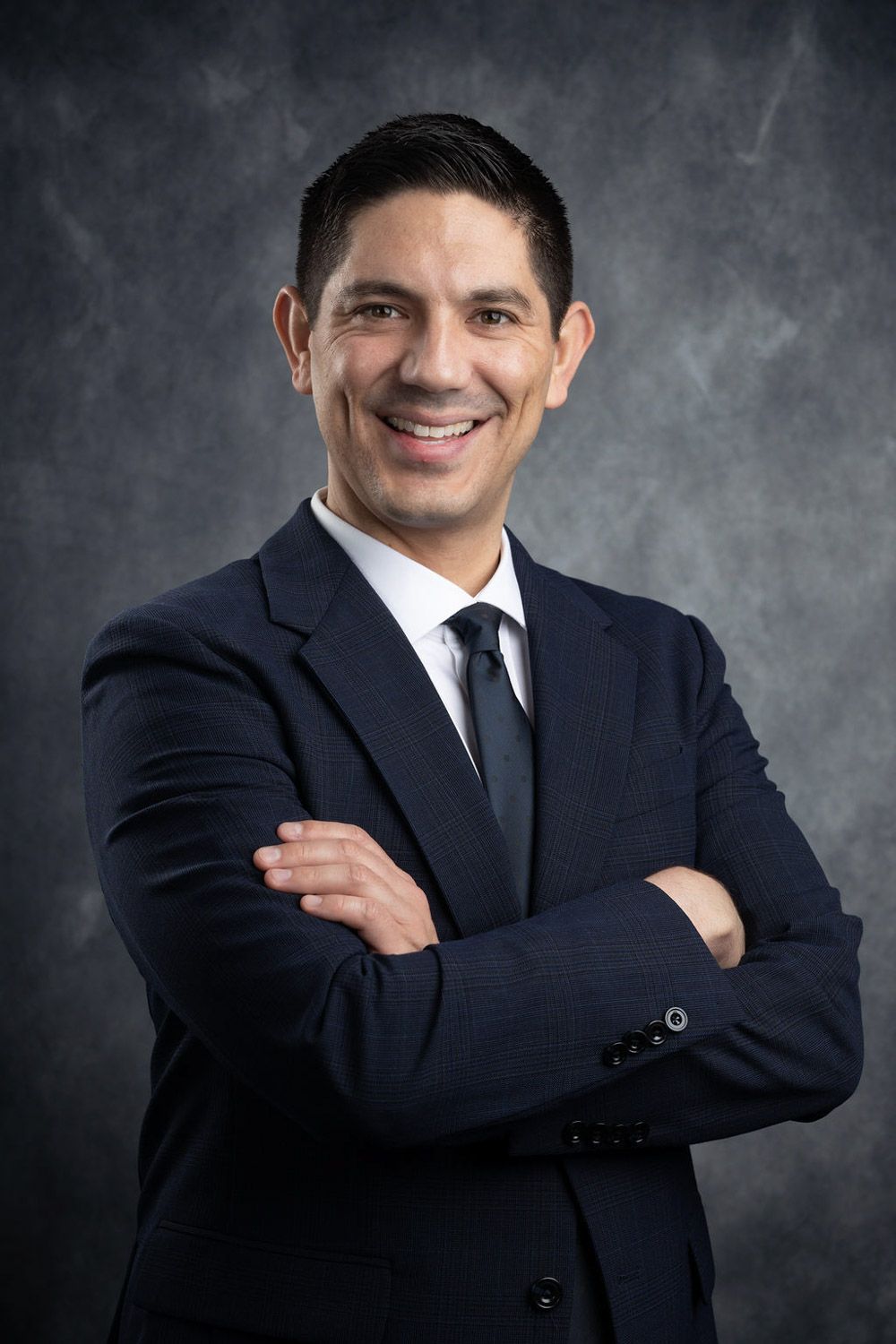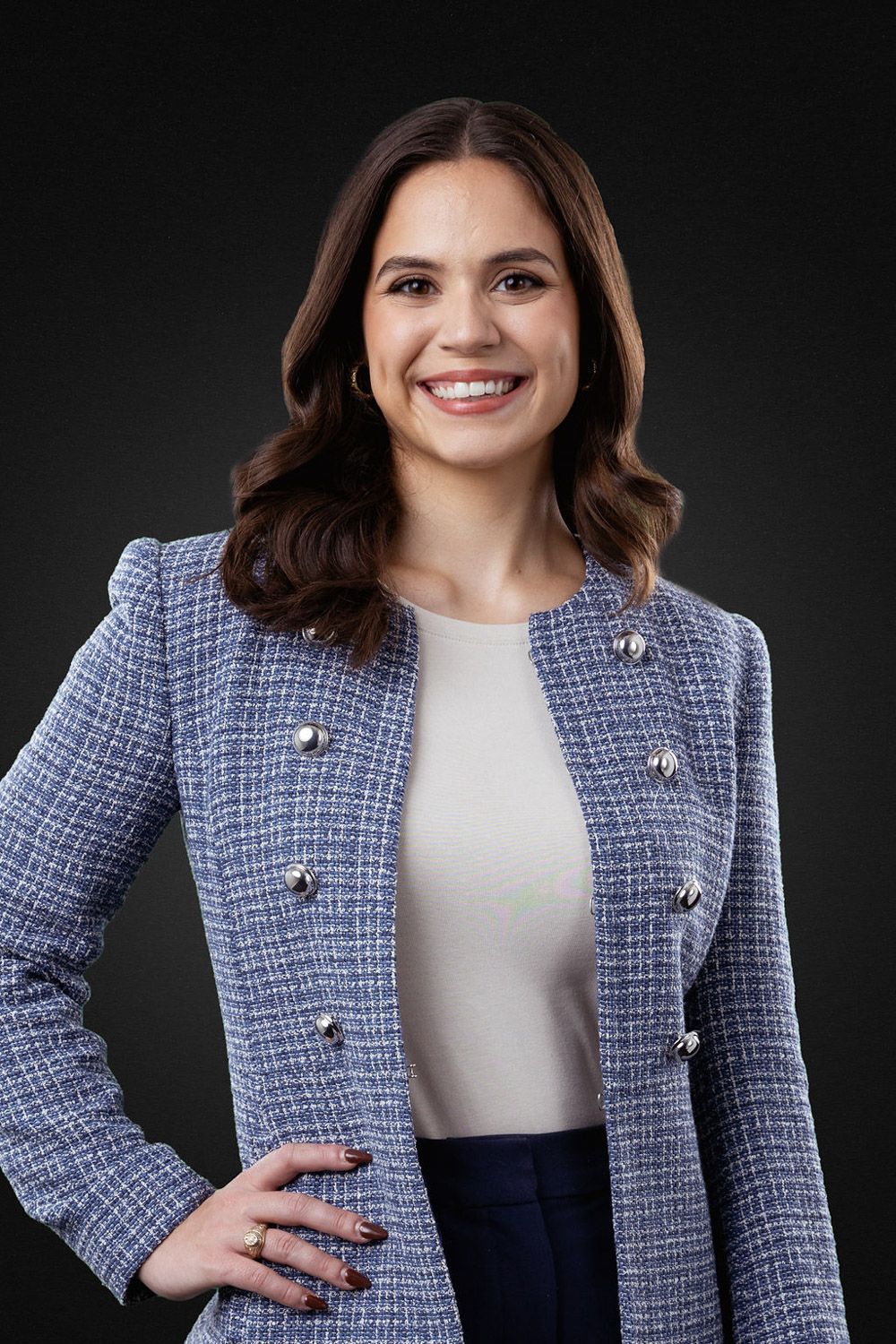February 11, 2025

What Evidence Do You Need to Win an Alief Personal Injury Case?
If you’ve been injured due to someone else’s negligence, you may be entitled to compensation. However, winning a personal injury case requires solid evidence to prove liability, damages, and the impact the injury has had on your life. At Mukerji Law, we level the playing field for the little guy, fighting relentlessly with compassion and the determination to secure the justice you deserve. As Alief personal injury attorneys, we are always prepared to go to trial, providing the leverage you need to win.
Essential Evidence for a Strong Personal Injury Case
When pursuing compensation, the right evidence can make or break your case. Here are the key types of evidence you’ll need to maximize your claim:
1. Medical Records and Bills
One of the most critical pieces of evidence is your medical documentation. After an accident, seeking immediate medical attention is crucial, not just for your health but also for your case. Your medical records and bills provide proof of your injuries, treatment, and the expenses incurred. These documents help establish the extent of your damages and link them directly to the accident.
2. Accident Reports and Police Records
If law enforcement responded to your accident, obtaining a police report is essential. It often includes important details such as witness statements, officer observations, and sometimes even an assessment of fault. These reports serve as valuable third-party documentation that supports your claim.
3. Photos and Videos of the Accident Scene
Visual evidence can be incredibly powerful in personal injury cases. If possible, take pictures and videos of the accident scene, your injuries, property damage, and any hazardous conditions that contributed to the incident. The more detailed and time-stamped your evidence is, the stronger your case becomes.
4. Witness Statements
Eyewitness testimony can provide a crucial third-party perspective on how the accident occurred. If anyone saw the incident, get their contact information and ask if they’d be willing to provide a statement. Witnesses can help corroborate your version of events and strengthen your claim.
5. Expert Testimony
In some cases, expert witnesses are necessary to explain complex issues. Medical experts can testify about the long-term impact of your injuries, while accident reconstruction specialists can analyze how the accident happened. Economic experts can also estimate future losses if your injury affects your ability to work.
6. Proof of Lost Wages
If your injury has prevented you from working, documentation of lost wages is essential. Pay stubs, tax returns, and employer statements can establish the income you have lost and any future earnings you may miss out on due to your injuries.
7. Correspondence and Insurance Communication
Any communication with insurance companies should be documented, including claim numbers, emails, and written letters. Insurance companies may try to minimize your claim, so having detailed records helps protect you from low settlement offers.
Seeking Justice? Contact Our Alief Personal Injury Lawyer
At Mukerji Law, we fight tirelessly for the rights of personal injury victims. As your Alief accident attorney, we are committed to gathering the strongest evidence to support your case and ensuring you get the compensation you deserve. We understand the challenges individuals face when going up against insurance companies and large corporations, which is why we stand ready to take your case to trial if necessary.
When you need Alief personal injury services, you deserve a law firm that fights relentlessly with compassion. Mukerji Law is here to be your advocate, providing the leverage you need to win. Contact us today for a free consultation and let’s build your case together.








